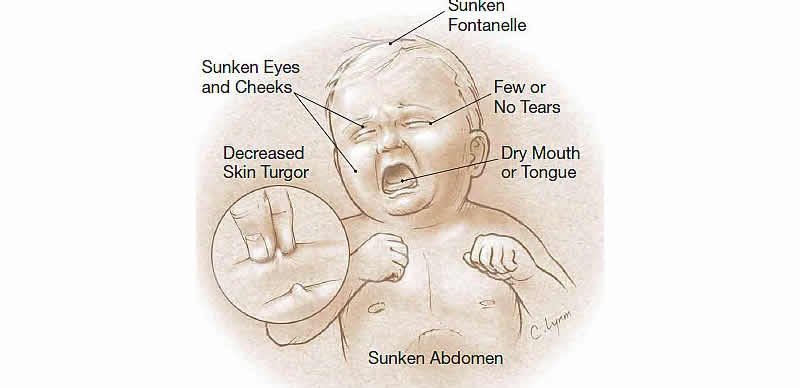
Nnam said this on Tuesday while speaking at The PUNCH Media Foundation webinar series with the theme “Food Security, Nutrition, and Food Safety,” in commemoration of the World Food Safety Day.
Prof Nnam urged individuals to avoid unsafe food practices that could lead to diseases, malnutrition and food insecurity.
“Safe food is food that is free from physical, chemical, and biological contamination during storage, processing, transportation, preparation, and other processes.
“Food can be contaminated by pathogens like bacteria. It can be contaminated by viruses, fungus, insects, rodents, birds, animals, as well as physical objects and chemicals.
“The contamination will result in unsafe food that we call diseases like diarrhoea. In fact, diarrhoea is the major cause of hospital visits by children, and repeated visit that could result to death.
“The major focus should be avoiding contaminated foods with pathogens at any point of food handling.”
Nnam, who is also a professor of Community and Public Health Nutrition at the University of Nigeria, Nsukka, said precautions should be taken during food handling to avoid contamination.
“Keep food preparation’s areas clean, there should be no fly around. Use clean surfaces and utensils for food preparation. Fridge and freezers should be kept in appropriate temperature to function well and keep food safe.
“Food kept in the fridge should be consumed within five days as bacteria can start growing over the food during storage. Cooked food should be consumed within two hours of preparation,” she advised.
According to her, food should not only be available and accessible to people, but should be utilised by the body when consumed to achieve good health.
“Utilisation is the last aspect of food security. If food is not utilised, food security as well as nutrition security is compromised,” she added.





